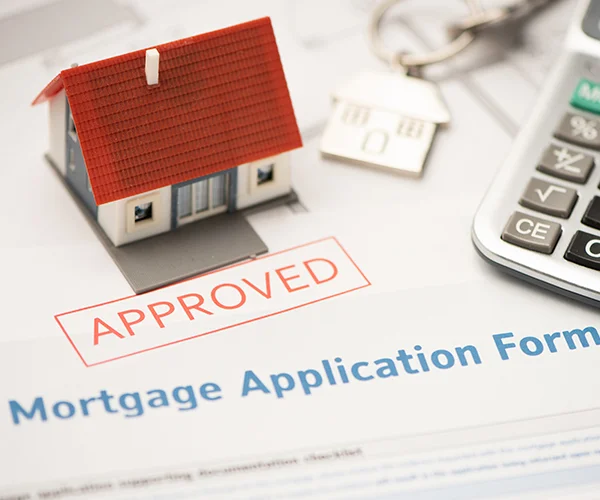Investing in a Property: Everything You Need to Know


Your portfolio can benefit from diversification through investing in a property, and it's simpler than you might think to enter the market. It makes sense that many investors are unsure where or how to invest in a property. Here are some of the top investing in property for beginners strategies to help you decide what's best for you. Nest Invest 's expert sales team is ready on duty to help you with your property investment needs as well.

What Makes a Good Property Investment?
A wise investment has a high likelihood of success or a profit. If your investment has a significant level of risk, the potential gain should be high enough to offset the risk. But nothing is certain, even if you pick assets with a good chance of succeeding. If you can't afford to lose the money, don't invest it in real estate or any other type of investment. Although a standard amount of down payment is typically required for a traditional mortgage, in rare circumstances, the amount may be lower according to certain circumstances in order to buy the entire home. Here are a few ways to learn to invest in property and earn profit.
How to Invest in Property: Your Investment Options
Buy a house and rent it out: For anyone with renovation abilities and the patience to supervise renters, owning a property and renting it out might be a terrific opportunity when learning how to start investing in property. This tactic does, however, need a sizable amount of funding to cover the possible void months as well as the maintenance fees.
Investing in real estate investment trusts (REITs): For investors who desire portfolio exposure to real estate without engaging in a conventional real estate transaction and having to look for investment property to buy, a real estate investment trust (REIT) is the ideal option. When a business collects money from investors to purchase and manage rental properties, a REIT is formed. Like any other stock, REITs can be bought and traded on the major exchanges. For more property investment options, contact our experts here at Nest Invest.
Advantages & Disadvantages of Investing in a Property
Investments in properties are frequently thought of as being less hazardous than other types of investments. Even though it appears as a simple game, there are still dangers to watch out for. Here are some things to think about while investing in property. Let's start with the obvious pros:
- Less volatility: Compared to stocks or other investments, investing in property may be less volatile.
- Money: If the property is rented, you receive rental money on a regular basis.
- Capital growth: If the value of your property rises, you will realize a profit when you sell it.
- Physical asset investment: You are investing in a tangible asset you can see and touch.
- No specific expertise needed: Unlike some difficult investments, buying property doesn't require any specific expertise.
Before deciding to make an investment in property, here are some of the handicaps beginning investors need to watch out for:
- Cost: Your mortgage payment and other expenditures may not be covered by rental income.
- Interest rates: An increase in interest rates will result in increased repayments and less income.
- Vacancy: If you don't have a renter, there may be instances when you have to pay the expenses alone.
- Unflexible: If you need to obtain a partial amount of money quickly, you can't sell off a bedroom and will have to wait a while before the entire property is sold.
- Loss of value: In case the value of the property decreases, you can owe more than the property is worth.
- High entry and exit fees: Charges for property tax, title deed fees, and real estate agents' commissions await.










